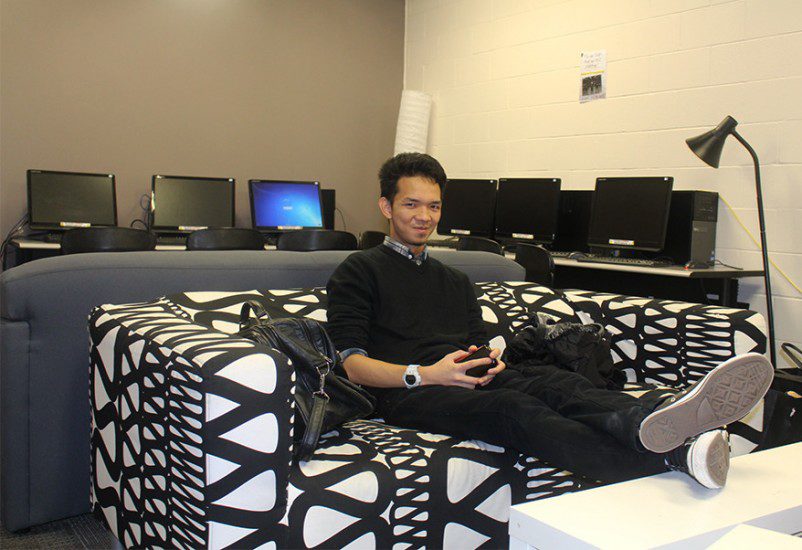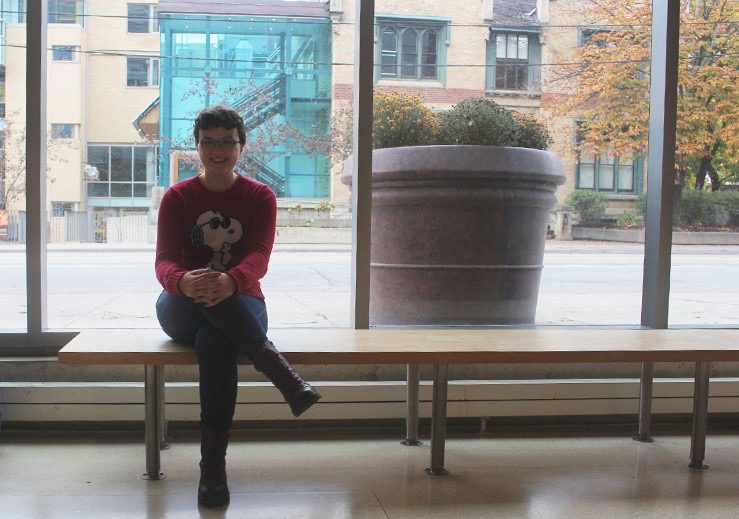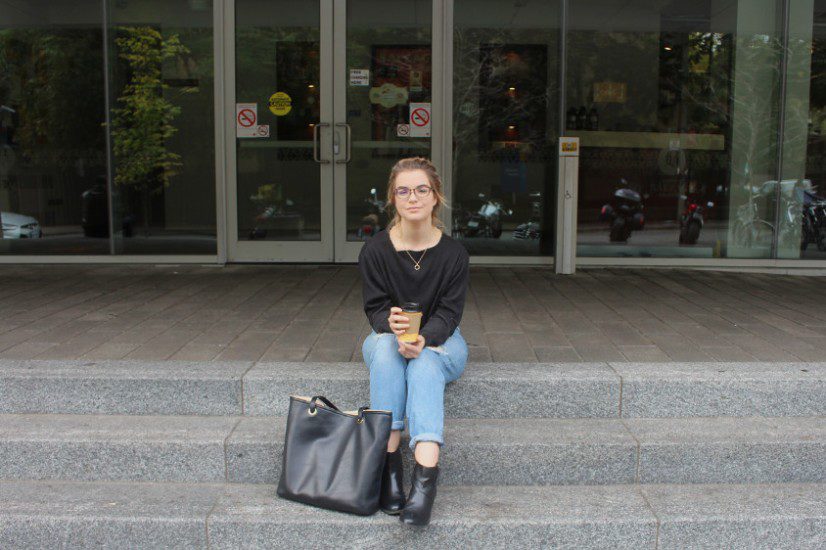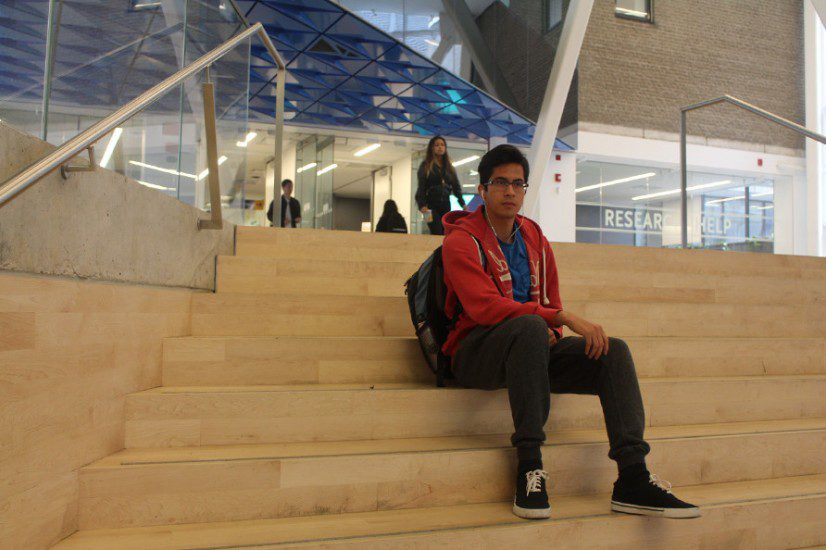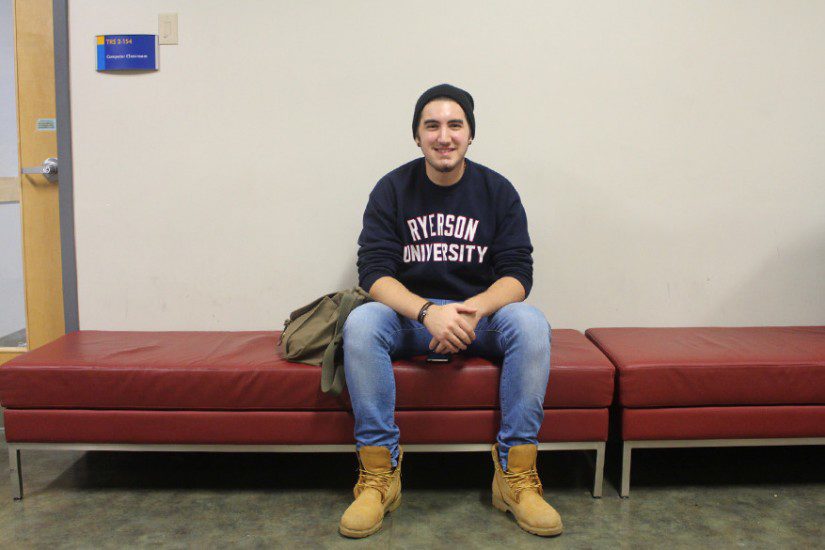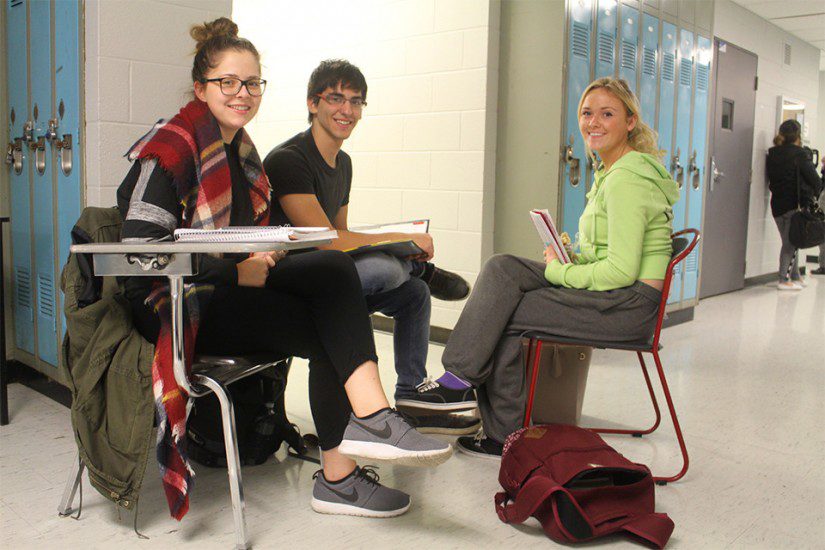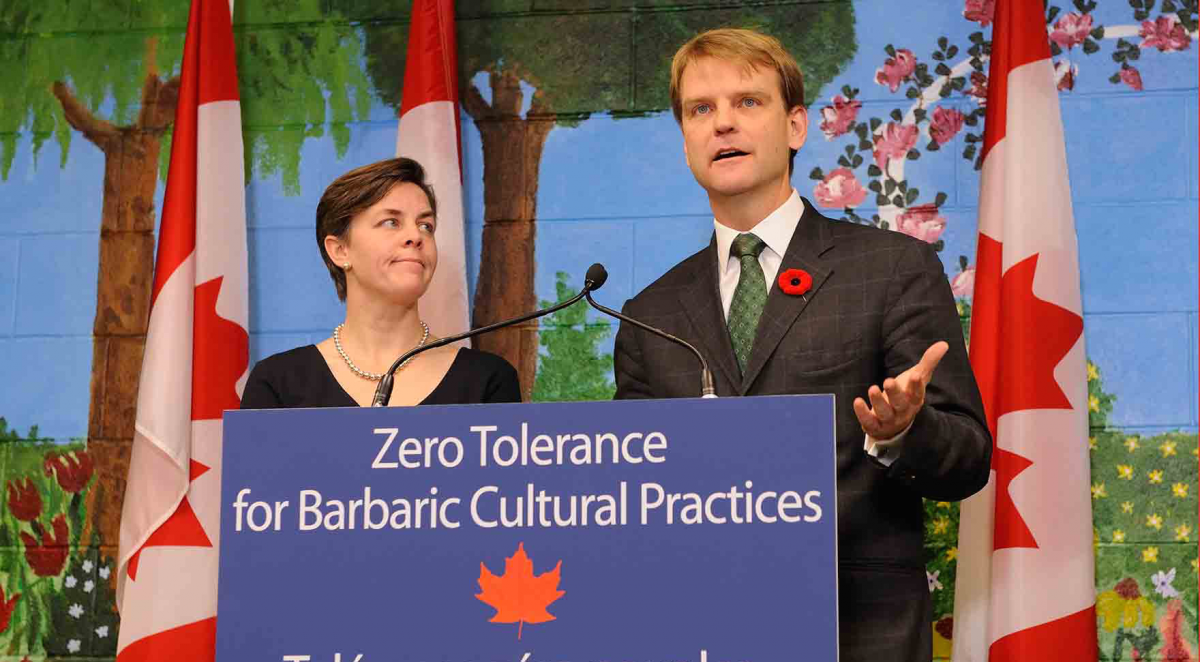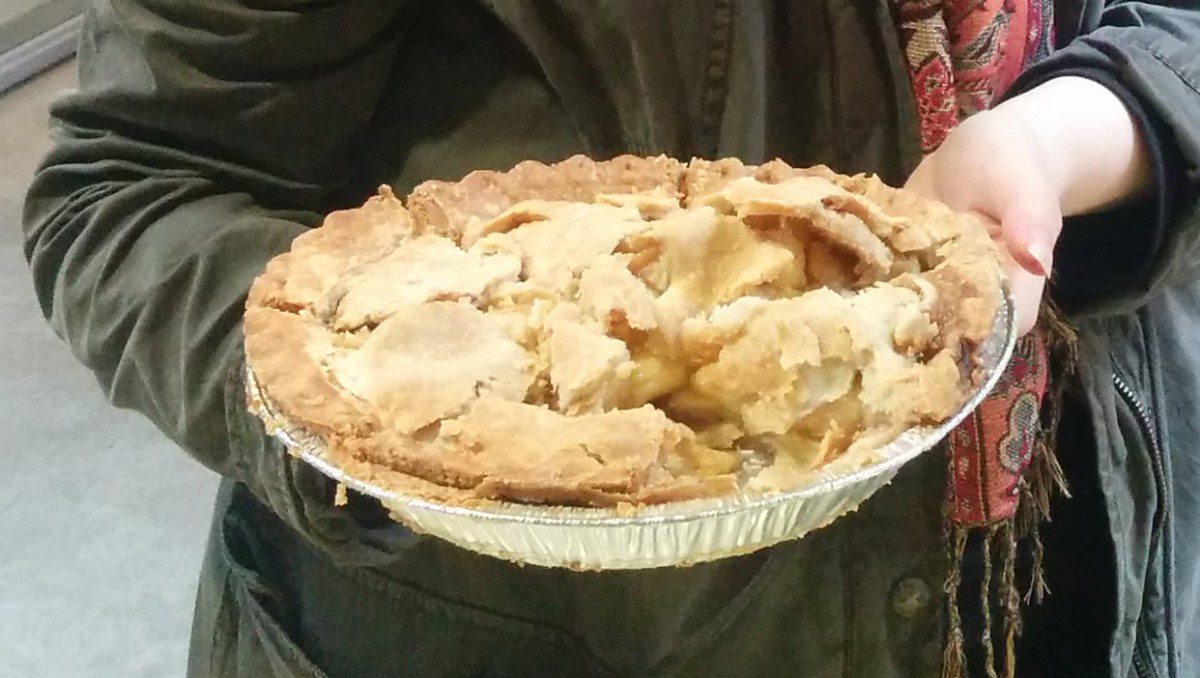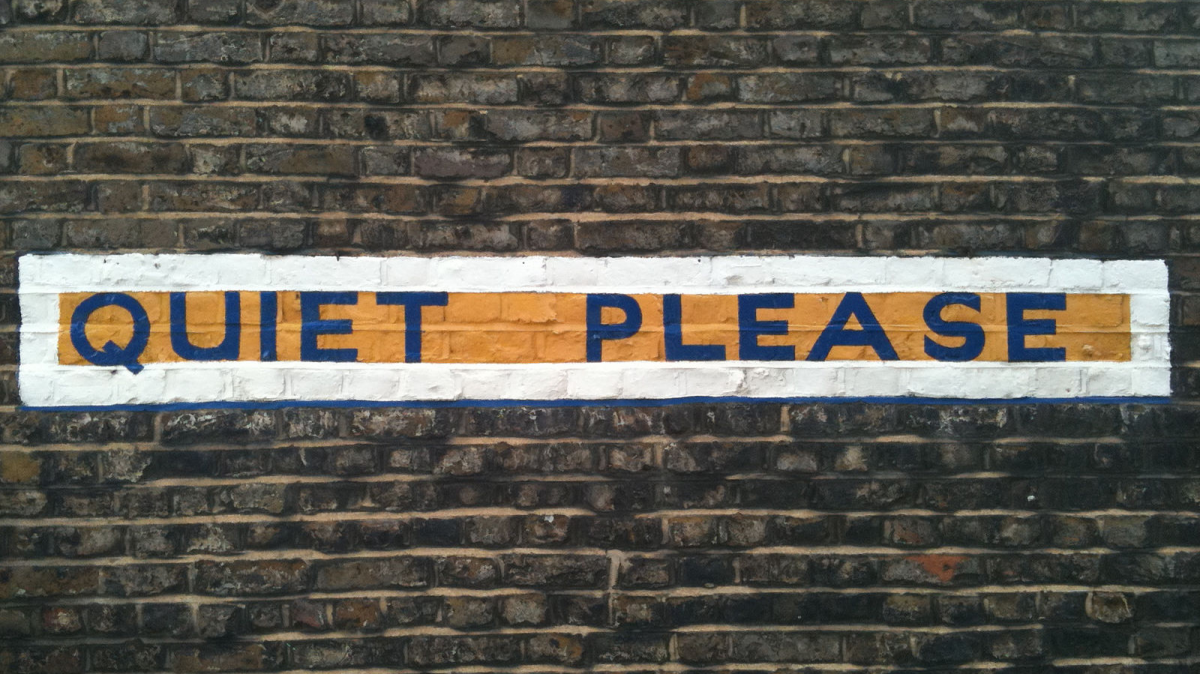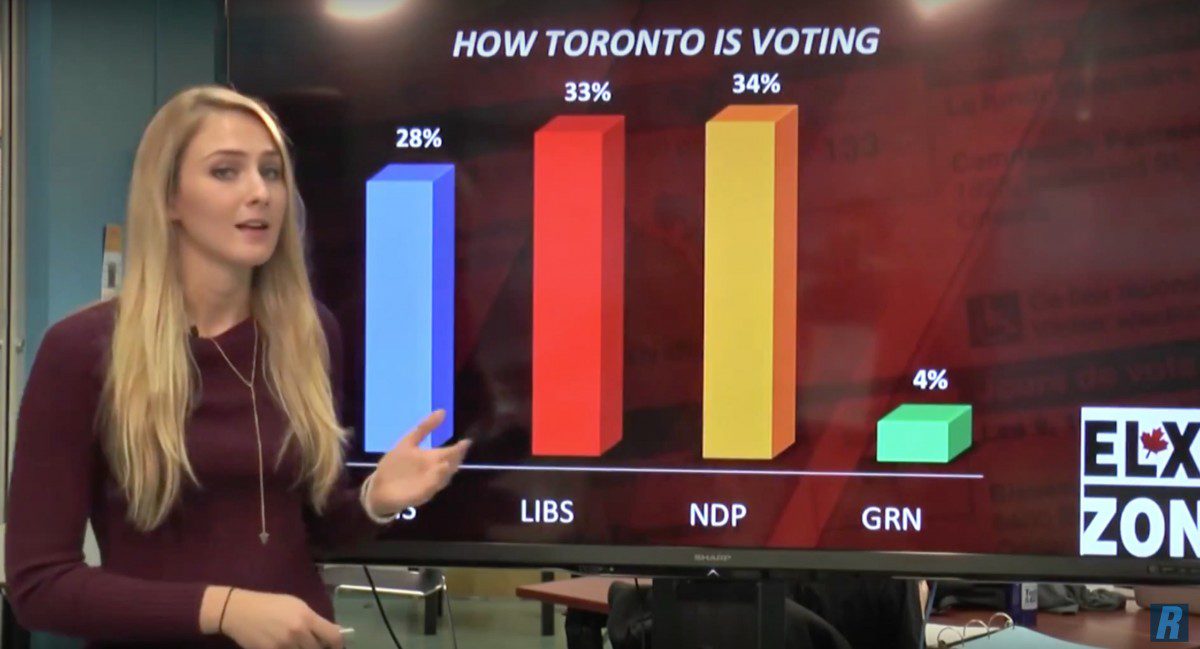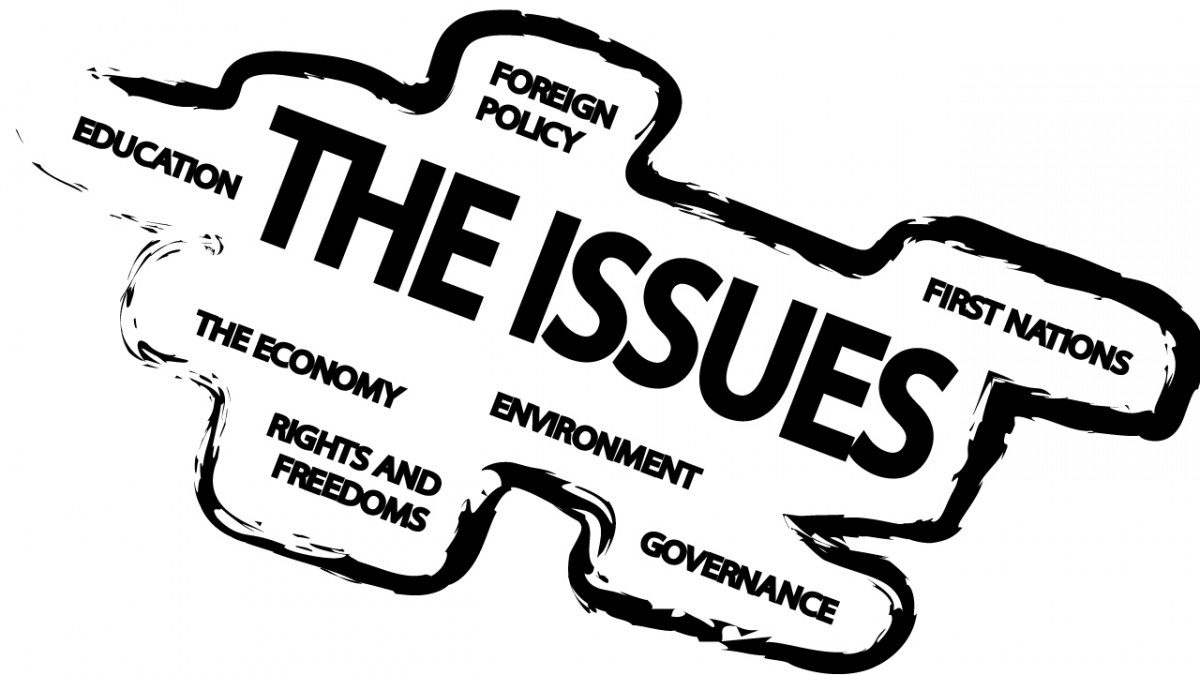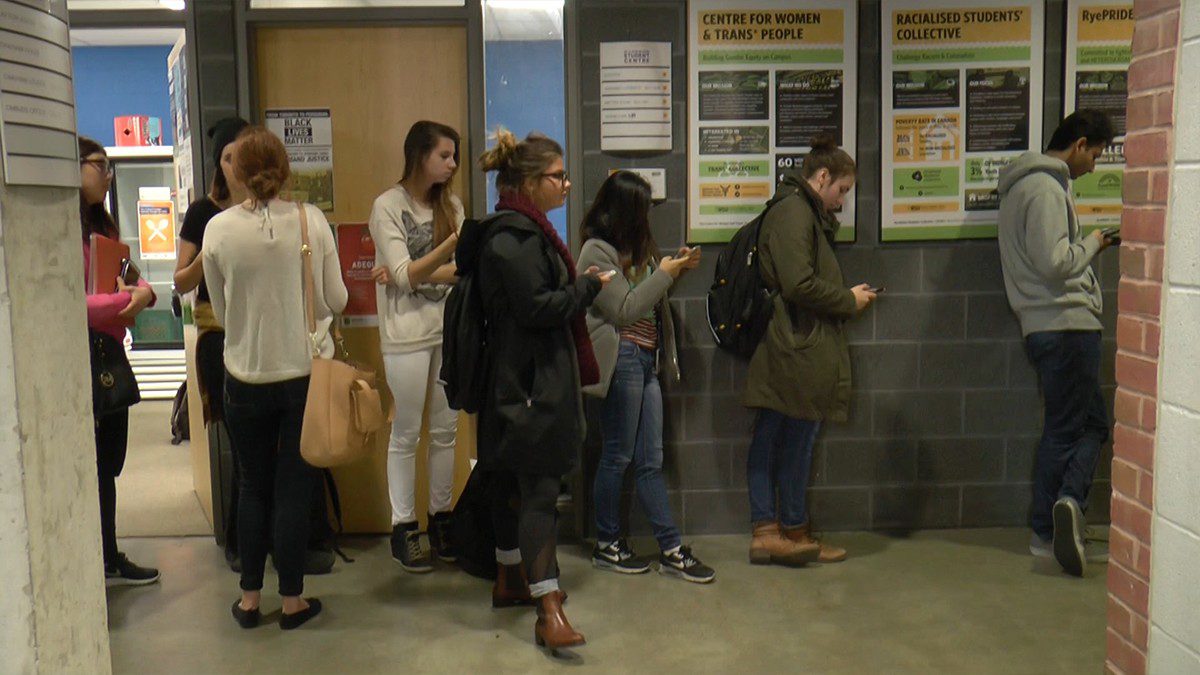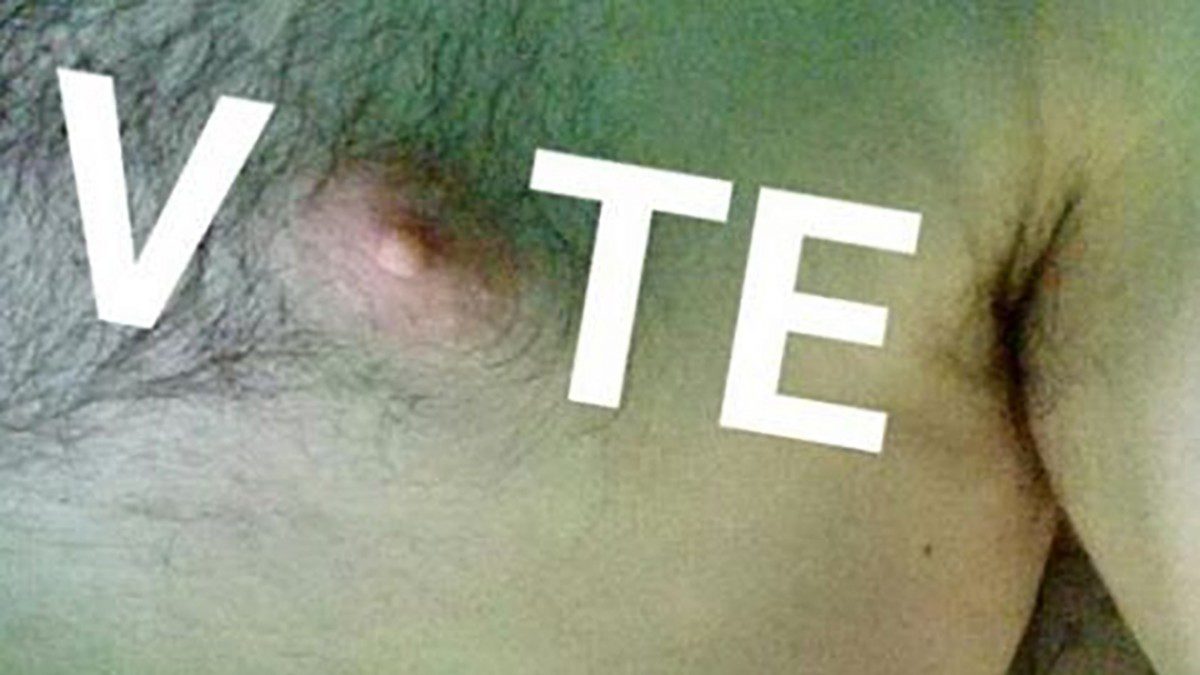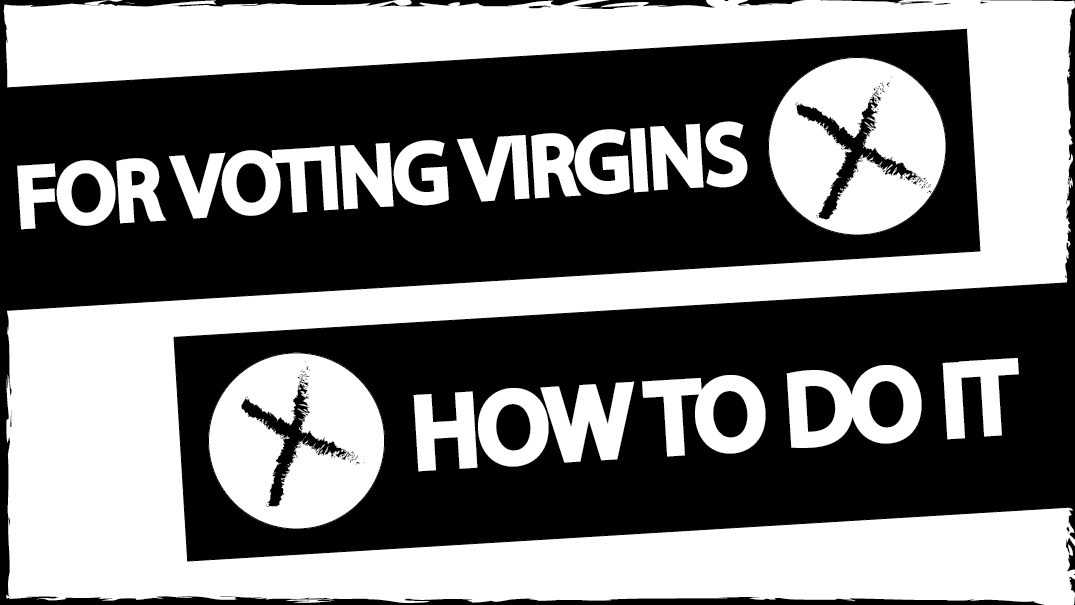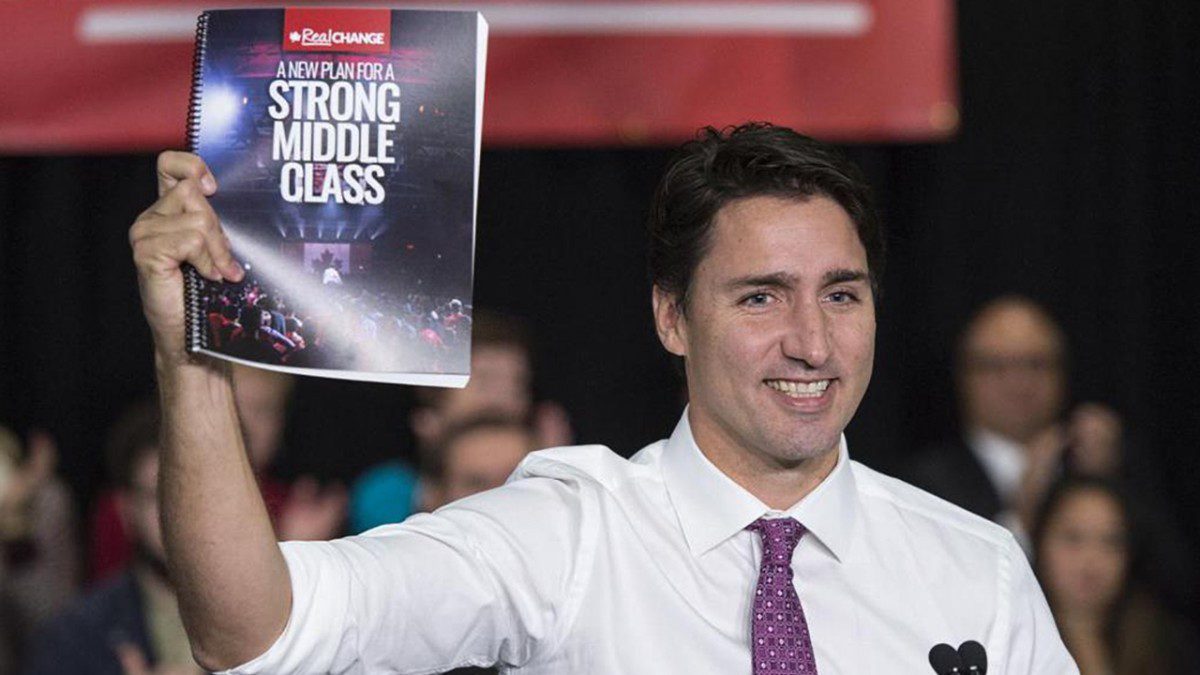In this long election campaign, debate has rapidly shifted from one issue to the next. First we had the economy, deficits and recession. Then, a moving photo of a drowned boy turned the discussion to whether Canada is doing enough to help Syrian refugees. Finally, in the surreal waning weeks before election day, it was all about the niqab.
But there’s a whole range of important issues that politicians have chosen to ignore — or that the media has opted to keep off the screens. We spoke to Ryerson professor Neil Thomlinson from the department of politics and public administration to figure out why.
Assisted suicide
Whoever takes office after Monday will have a few short months to decide what to do about a tricky moral issue that’s been making news since the early 90s, when Sue Rodriguez first petitioned the courts for the right to assisted suicide. In aunanimous ruling this February, the Supreme Court gave the government a year to come up with new legislation that gives patients in “grievous, unending pain” the right to access a doctor to help them take their own lives. That deadline is set to expire this February, and we’re no closer to a solution.
Strangely, this seemingly pressing, divisive, time-sensitive issue hasn’t come up once in any of the five debates. It doesn’t even appear in the platforms of any of the three main national parties.
Thomlinson says that assisted suicide is “today’s homosexuality,” an issue politicians don’t want to touch because it’s too divisive and reveals fissures in party membership. The Liberals and the Conservatives, in particular, have libertarian and social conservative wings that don’t see eye-to-eye on moral issues.
“The parties all hope the courts are going to come and sort it out for them and they’re not going to have to worry about it,” he said.
The same basic argument goes for prostitution law, another issue where the courts have forced the government’s hand. At least on the campaign trail, the NDP and the Liberals have shied away from challenging a new Conservative law that makes buying sex illegal. But Harper has recently tried to use prostitution as a wedge issue, accusing Liberal leader Justin Trudeau of wanting to legalize brothels. Thomlinson is near certain that the Conservatives made the same calculations for assisted suicide, but decided it was too risky.
“The tea leaves have been read, and they concluded they had more to lose than to gain,” he said.
Health Care
Going back decades, almost every election has been fought with healthcare front and centre. When they first came to power in 2006, the Conservatives promised to shorten hospital wait times as one of their five top priorities. Poll after poll shows that the quality of our health system remains near the top of Canadians’ priority list.
This election has been different. Party platforms mention things like homecare and support for people with disabilities. The NDP promised to fund a few thousand new doctors and nurses. But there’s been no massive funding commitments or attempts to reopen the old public versus private debate.
Healthcare is in provincial jurisdiction, but the federal government contributes billions in transfers and oversees the Canada Health Act. Thomlinson says that the real obstacle is Liberal and NDP vulnerability. He calls the healthcare debate a “politically charged minefield” for both parties.
“It was the Liberals under Paul Martin and Jean Chrétien who gutted the system,” he explained, “so even though they’re saying they’re going to fix it, they don’t want to talk about their own past.”
The NDP, usually strong on healthcare, is also trying to overcome public fears that the party is fiscally irresponsible by promising to maintain a balanced budget. But, according to Thomlinson, that commitment makes it impossible to fund the big spending increases that would be necessary to fix the system, at least without significant tax hikes.
Much of the blame for maintaining the veil of silence falls on reporters, said Thomlinson, who criticizes the the media for always lunging at the newest issue of the day, like the niqab, rather than providing “sustained analysis and coverage” of longstanding social problems.
“The media always have attention deficit disorder,” he says, “It’s hard to write new and fresh stuff about the same issue day after day after day; It’s a whole lot easier when a new issue emerges”
First Nations
This year was a key point in Canada’s relationship with First Nations. While many had heard of the travesty that was the Indian Residential School System, the summary report of the Truth and Reconciliation Commission brought renewed attention to the harm suffered by people once stripped from their families and shut off from their own culture. The media began paying attention to the disproportionately high number of missing and murdered aboriginal women. All the while, many First Nations communities continue to live in dilapidated communities, without drinkable water or proper sanitation.
While the party platforms all have sections on First Nations, the word “aboriginal,” “indigenous” and “First Nations” were mentioned a grant total of ten times in the three English language debates, almost entirely on the subject of pipeline politics and Bill C-51. First Nations issues didn’t merit a single question from any of the debate moderators.
For Thomlinson, the reason is simple:
“The sad answer for that is that there are too many Canadians who don’t give a fuck about First Nations issues. You could go further than that and say that there are some Canadians who are hostile to First Nations issues.”
That problem is compounded by the very low voter turnout among aboriginals, a challenge some community leaders are trying to address this election.
“Until now many First Nations people have not voted,” Tomlinson said. “So there isn’t a whole lot to be gained by putting your neck out there and fervently supporting First Nations demands… and there potentially can be a lot to lose.”
Arms deals
Bloc Québecois leader Gilles Duceppe can be something of a wildcard in federal election campaigns, and this year he hasn’t failed to disappoint. In both French language debates, Duceppe brought up what should be a highly controversial issue: a $15 billion deal to sell armoured vehicles to Saudi Arabia, one of the worst human rights offenders on the globe.
None of the other party leaders, with the exception of Elizabeth May, bothered to respond with more than a few words. The issue didn’t come up at all in the English language debates. Mulcair tried to highlight how an NDP government would ensure that human rights were studied before such deals were made, but neither he nor Trudeau have made any firm commitments on what to do about the Saudis.
Why have the Liberals and the NDP chosen to ignore a topic that could help undermine the Harper’s claim, oft repeated, that he pursues a principled foreign policy?
One part of the answer is the geopolitical importance of Saudi Arabia, a major oil supplier and longstanding U.S. ally.
But the bigger factor is probably domestic politics. The vehicles are set to be built around London, Ont., a key battleground city where both of the major opposition parties have a good chance of picking up seats.
Thomlinson says that domestic policy will always trump foreign policy, especially when jobs are at stake.
